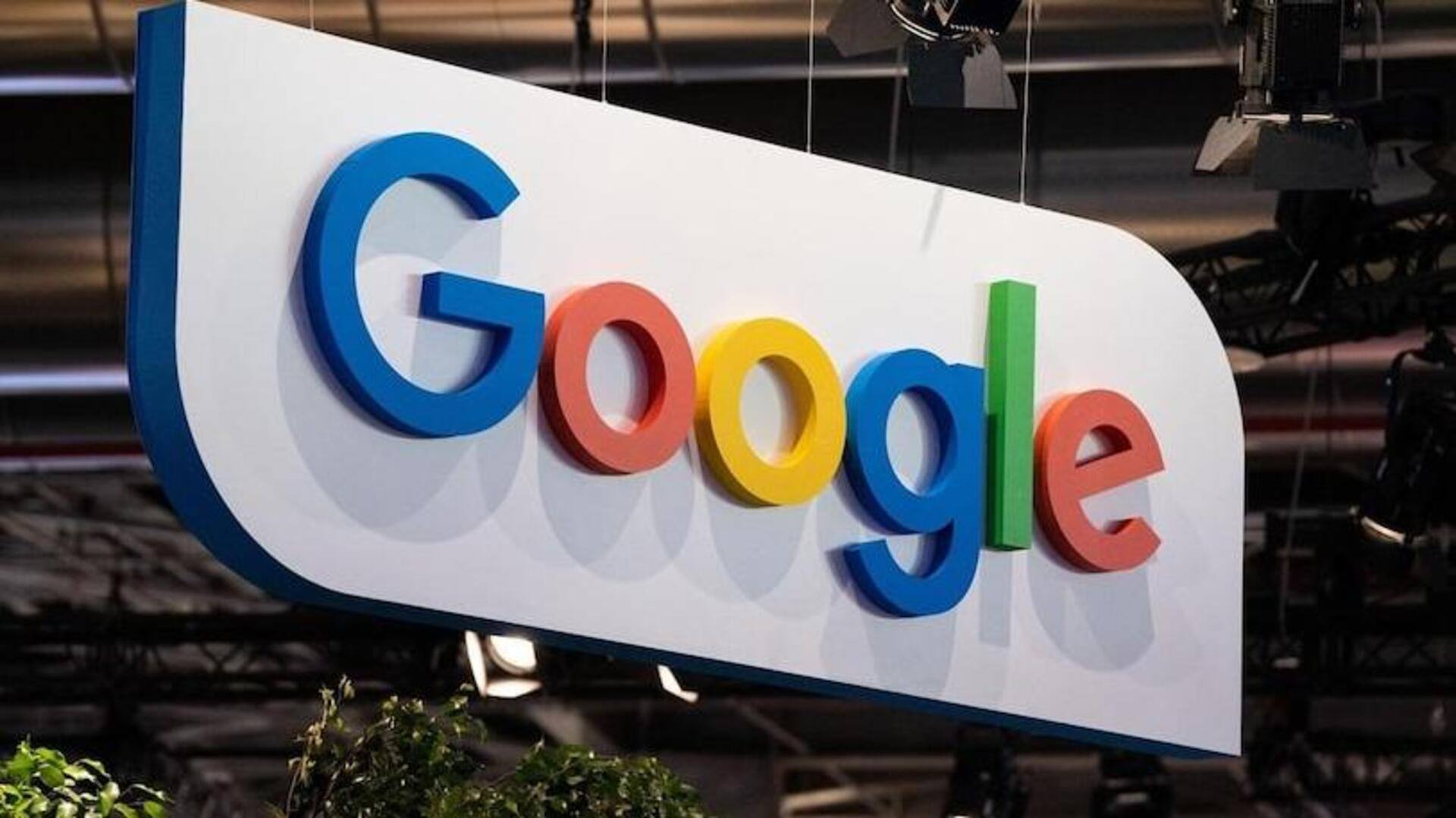
Google will defend its AI product customers against copyright lawsuits
What's the story
Google has announced that it will offer legal protection to customers using its generative AI products in case of copyright infringement lawsuits.
This move aims to ease concerns about the potential for generative AI to break copyright rules.
The seven products Google would legally cover include Duet AI in Workspace, Duet AI in Google Cloud, Vertex AI Search, Vertex AI Conversation, Vertex AI Text Embedding API, Visual Captioning on Vertex AI, and Codey APIs.
Details
Two-pronged approach to intellectual property indemnification
To tackle copyright issues, Google is using a two-pronged approach that covers both its training data and the results generated from its foundation models.
This means that if a user faces a lawsuit due to Google's training data containing copyrighted material, the company will take responsibility for the legal risks.
Moreover, Google will protect users if they are sued for the results obtained from using its foundation models, as long as they didn't intentionally infringe on others' rights.
What Next?
Other tech giants offer similar protections
Google isn't the only company offering legal protection for users of its generative AI products.
Microsoft also recently announced that it will take legal responsibility for enterprise users of its Copilot products.
Similarly, Adobe has also committed to protecting enterprise customers using Firefly against copyright, privacy, and publicity rights claims.
These assurances aim to build trust and confidence in AI-powered solutions.
Insights
Generative AI platforms face copyright challenges
Copyright issues have been a persistent problem for generative AI platforms, leading to a growing number of lawsuits filed against various companies for alleged copyright infringement.
High-profile authors like George R.R. Martin, John Grisham, and Jodi Picoult have filed some of the most recent lawsuits.
Google's announcement aims to address these concerns and give users peace of mind when using their generative AI products.
Facts
User responsibility in avoiding intentional infringement
While Google is providing legal protection for users of its generative AI products, the company stresses that users also have a part to play in avoiding copyright infringement.
"For example, this indemnity only applies if you didn't try to intentionally create or use generated output to infringe the rights of others, and similarly, are using existing and emerging tools, for example, to cite sources to help use generated output responsibly," Google explained.